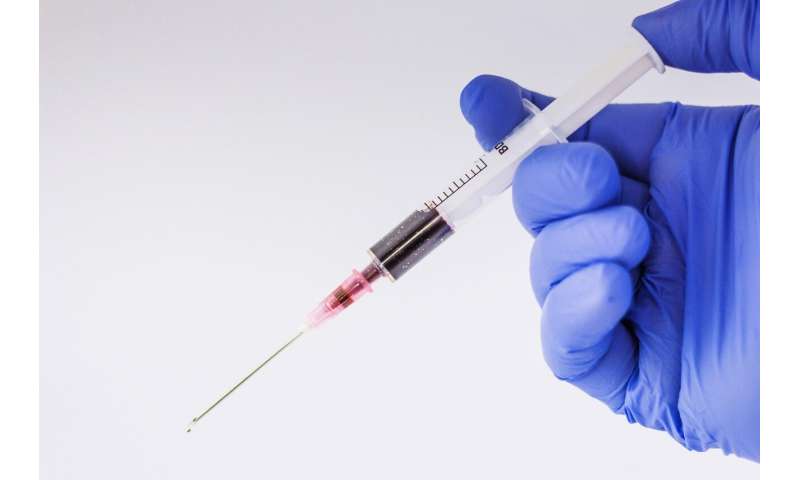
A blood test that may eventually be done in a doctor’s office can swiftly reveal if a patient with memory issues has Alzheimer’s disease or mild cognitive impairment and can also distinguish both conditions from frontotemporal dementia. If approved, the blood test could lead to a jump in the number of Alzheimer’s patients enrolling in clinical trials and be used to monitor response to those investigational treatments.
In a study led by UC San Francisco, researchers measured blood levels of phosphorylated tau 181 (pTau181), a brain protein that aggregates in tangles in patients with Alzheimer’s. They found that pTau181 was 3.5-times higher in people with the disease compared…


























